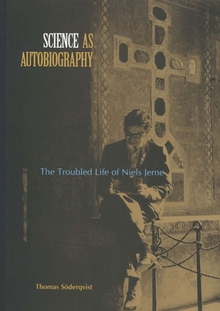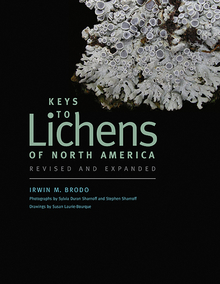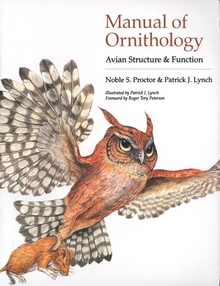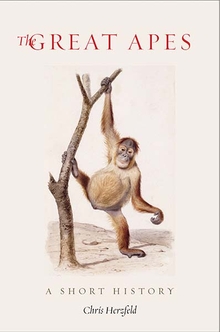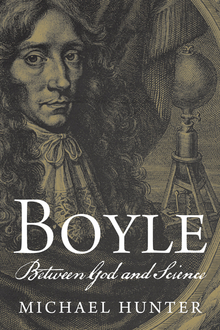Blondes in Venetian Paintings, the Nine-Banded Armadillo, and Other Essays in Bi
WARNING
You are viewing an older version of the Yalebooks website. Please visit out new website with more updated information and a better user experience: https://www.yalebooks.com
Konrad Bloch
In this fascinating book, the Nobel Prize-winning scientist Konrad Bloch muses on various aspects of biochemistry, explaining the chemical basis for many biological phenomena. Drawing on his own experiences as well as on colorful anecdotes about the work of other scientists, Bloch presents a new way of looking at the world and a revealing glimpse into the ways that scientific discoveries are made and problems are solved.
Bloch begins with a charming essay on why—despite the fact that peroxide had not yet been invented—there are so many blonde women in Italian Renaissance paintings. He then considers, among other topics, some important biochemical processes that were discovered because of contamination; the importance of trial and error in biochemical research; the explanation of lactose intolerance in adults and practices for avoiding it; why the choice of animal models is important for medical research (and how the author injected himself with extracts of the tubercle bacilli to study the pathology of tuberculosis); and why the exotic nine-banded armadillo has unique potential for use in many areas of medical and biological investigations. He concludes with thoughts on biochemistry's origin and future.
Bloch begins with a charming essay on why—despite the fact that peroxide had not yet been invented—there are so many blonde women in Italian Renaissance paintings. He then considers, among other topics, some important biochemical processes that were discovered because of contamination; the importance of trial and error in biochemical research; the explanation of lactose intolerance in adults and practices for avoiding it; why the choice of animal models is important for medical research (and how the author injected himself with extracts of the tubercle bacilli to study the pathology of tuberculosis); and why the exotic nine-banded armadillo has unique potential for use in many areas of medical and biological investigations. He concludes with thoughts on biochemistry's origin and future.
Konrad Bloch, Higgins Professor of Biochemistry Emeritus at Harvard University, shared the Nobel Prize in medicine and physiology in 1964 with Feodor Lynen. He was recipient of the U.S. National Medal of Science in 1988 and has received many other awards and honorary degrees.
ISBN: 9780300070552
Publication Date: February 27, 1997
Publication Date: February 27, 1997
278 pages, 6 x 9
72 b/w illus.
72 b/w illus.


